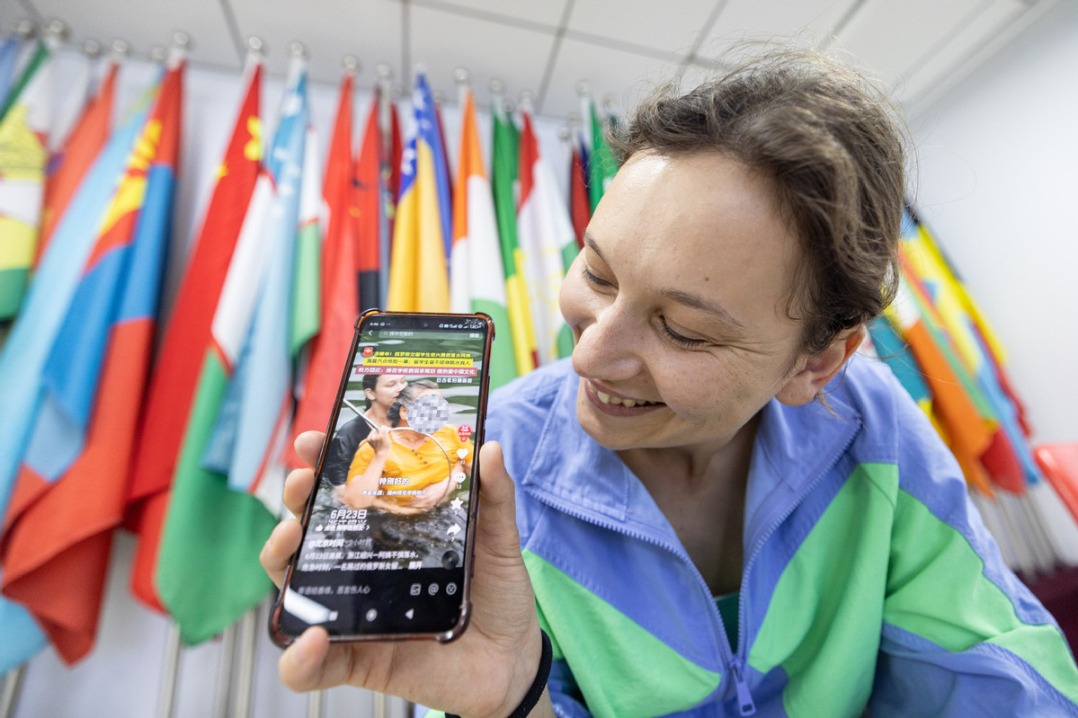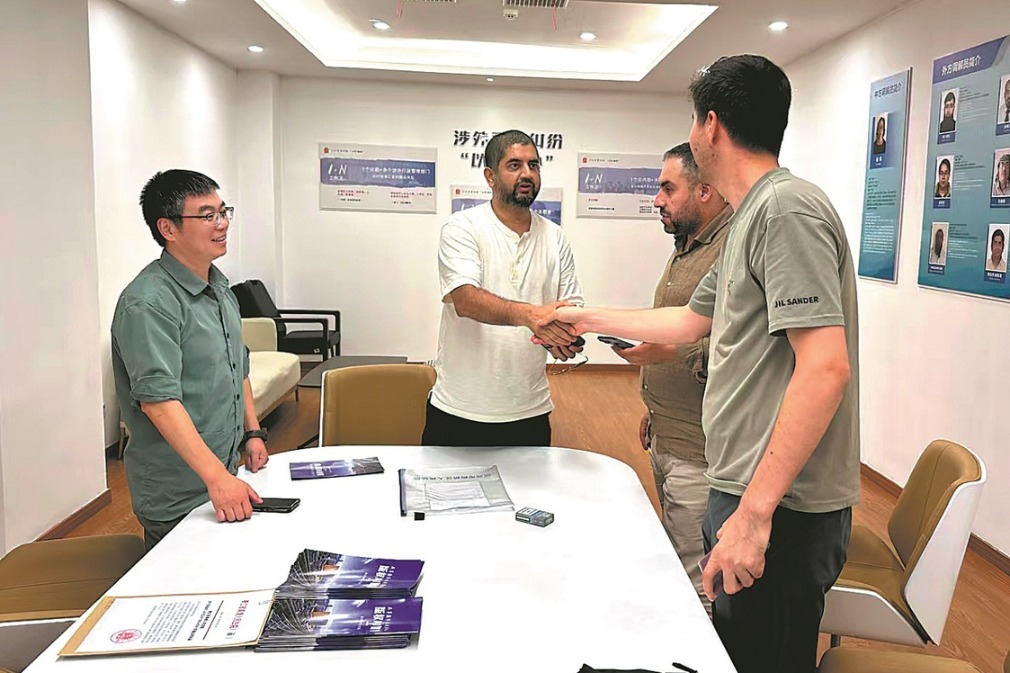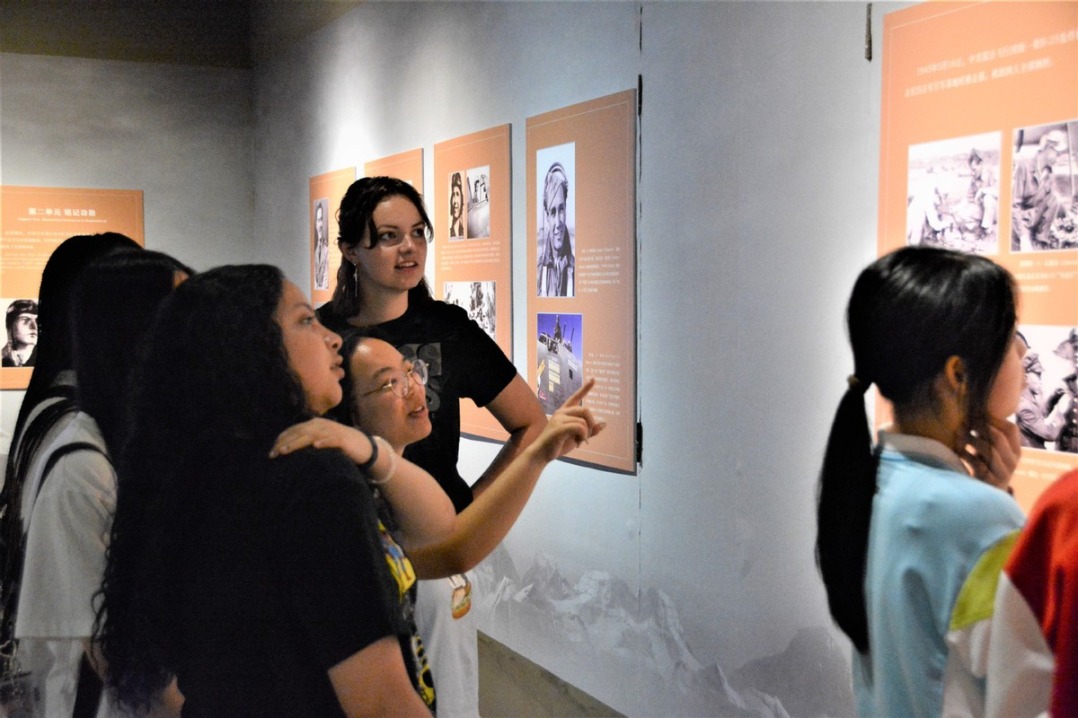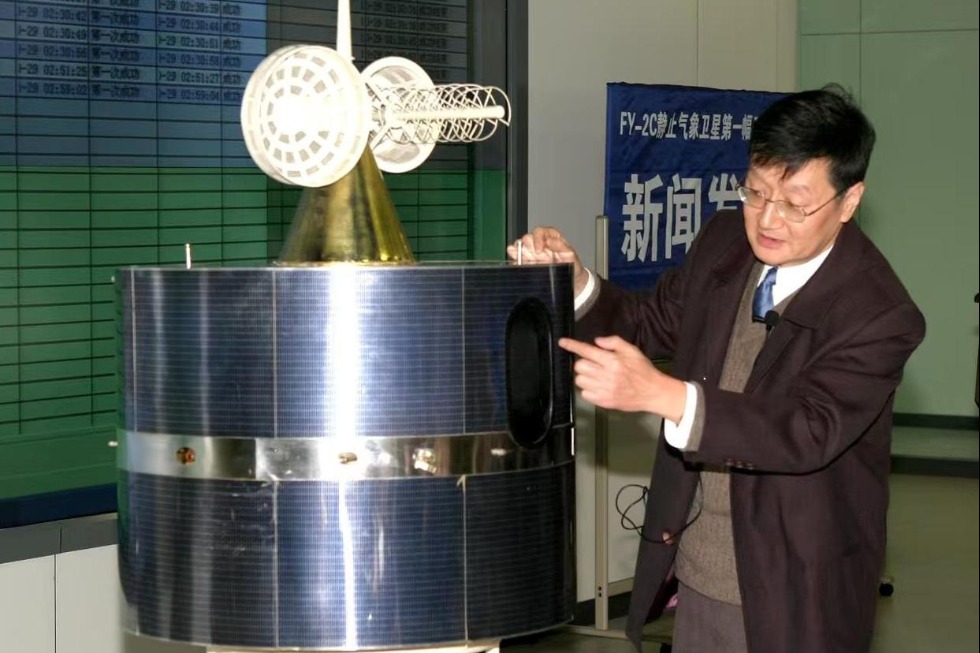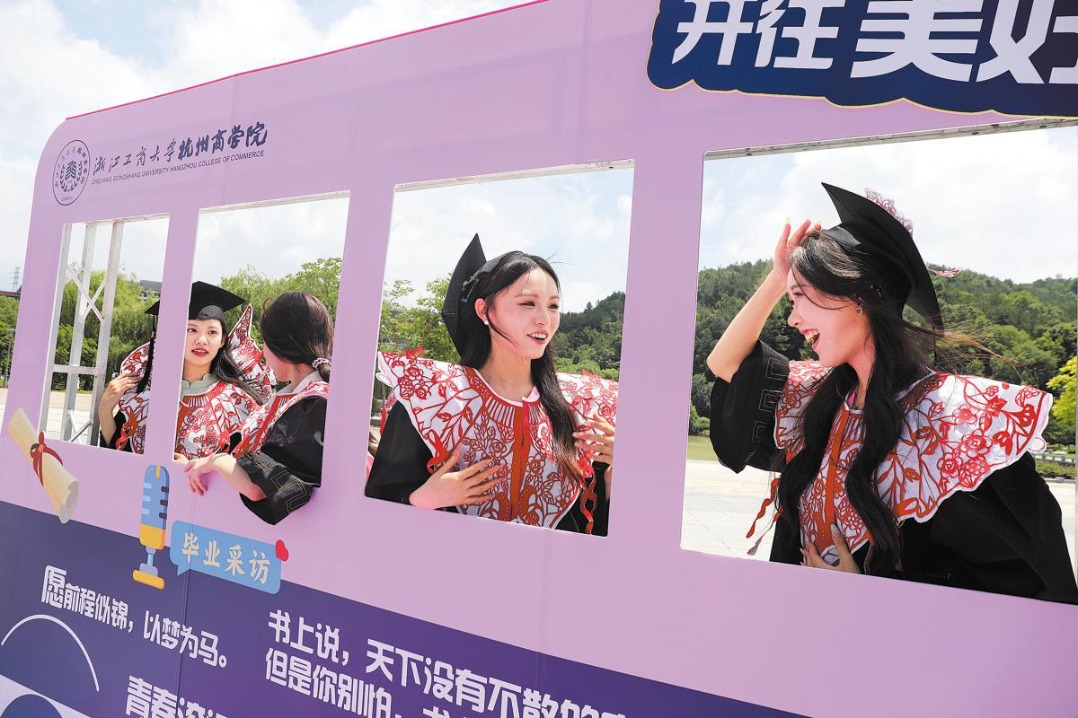Pakistani girl treated for rare disorder
2-year-old has chance to survive after receiving transplantation in Shanghai


A 2-year-old Pakistani girl with a rare genetic disorder was infused with umbilical cord blood stem cells from her newborn sister at the Children's Hospital of Fudan University in Shanghai on Tuesday, giving the toddler a chance to survive.
If everything goes well and the girl does not have any complications — such as infection and transplant rejection related to the transplantation — over the next six weeks, the progression of her rare condition will cease.
The 26-month-old nicknamed Anna has a condition called metachromatic leukodystrophy, a hereditary disorder that causes the brain and nervous system to lose function progressively.
When she was about 18 months old, her parents found that she lacked the ability to walk steadily and that things often slipped from her fists. She has an 8-year-old sister who started to show similar symptoms at around the same age and is currently in critical condition.
"It's a pity the damages that have already occurred to the girl's nervous system are irreversible. But the metabolic abnormalities caused by genetic defects are expected to be corrected by the transplantation, thereby stopping the progression of neuropathy and saving her life," said Qian Xiaowen, head of stem cell transplantation at the hospital's hematology department.
"Anna can now walk with the support of other people or a wall. We hope that she'll be able to live independently in the future with the help of rehabilitation procedures," he said.
The girl's mother, surnamed Siddique, said: "We look forward to the good results of the treatment. We hope that miracles can happen to Anna."
The girl was diagnosed with the rare disease at a local hospital in Saudi Arabia, where she was living with her family. Her parents consulted medical institutions in the United Kingdom and the United States. Doctors in these countries suggested transplantation of umbilical cord blood stem cells, but the medical bills would have been fairly high.
A friend in China introduced the couple to the Shanghai hospital. They learned that 39 child patients who have the same disease have received transplantation there, and around 90 percent of them survived. They decided to take Anna to Shanghai for medical treatment and arrived in the city on July 29.
Before their arrival, the hospital had organized an online consultation with a multidisciplinary team for Anna on July 11. Similar consultations were held twice more in July and August, as Anna's mother was pregnant and was expected to deliver a baby in September.
Obstetrics experts and the Shanghai Umbilical Cord Blood Bank came together to formulate a plan to use the stem cells from the umbilical cord blood of the new baby to save Anna.
Genetic testing and transplantation match testing in August showed that Anna would be suitable for the operation. The mother gave birth to the baby at the Obstetrics and Gynecology Hospital of Fudan University in Shanghai on Sept 11, and the newborn's umbilical cord blood was collected and prepared for transplantation.
The Children's Hospital of Fudan University said that since 2016, it has used stem cell transplantation to treat more than 500 children who have rare diseases with no cure.
"Also, as one of the 13 public hospitals in Shanghai that has participated in the city's pilot program to boost international medical tourism since last September, we've received more than 250 foreign patients from 61 countries and are continuously working to better provide medical services at an international standard, including issuing medical certificates to help patients and their families obtain visas and allowing patients to pay with commercial insurances," said Wang Yi, president of the hospital.
zhouwenting@chinadaily.com.cn
- China seizes over 2.4 tonnes of drugs in major border crackdown
- Six dead in Southwest China flooding
- Russian girl saves a drowning elderly woman in E China's Shaoxing
- 2025 CTA tour professional finals set for December in Macao
- Mainland warns against sending wrong signals to 'Taiwan independence' forces
- Taiwan's recovery in WWII testifies to its status as part of China: spokesperson
















